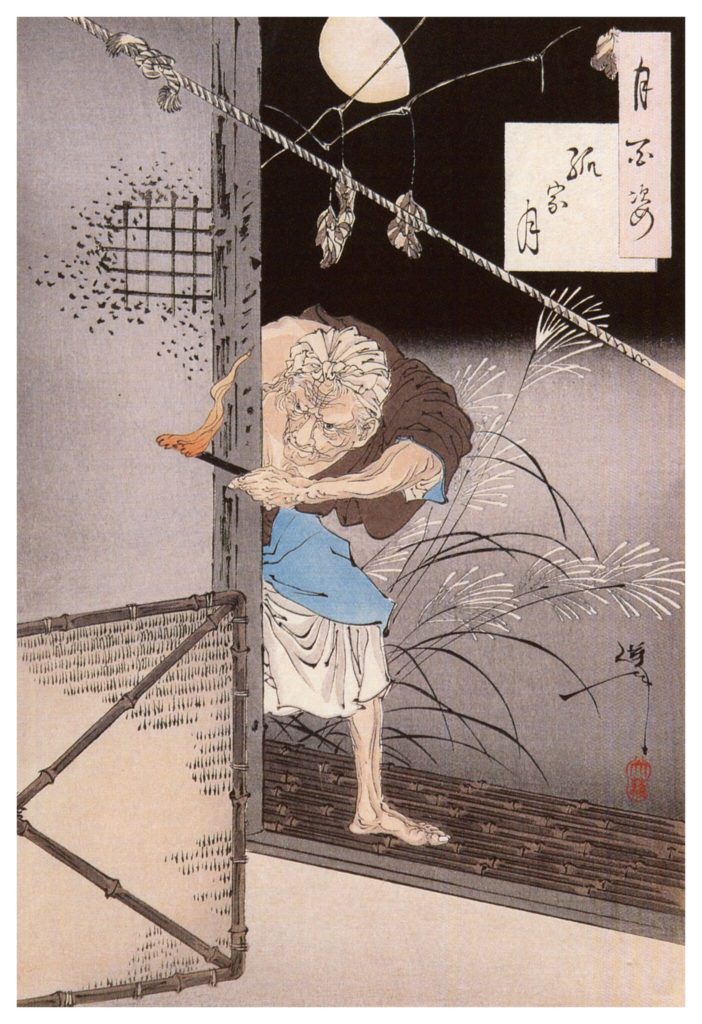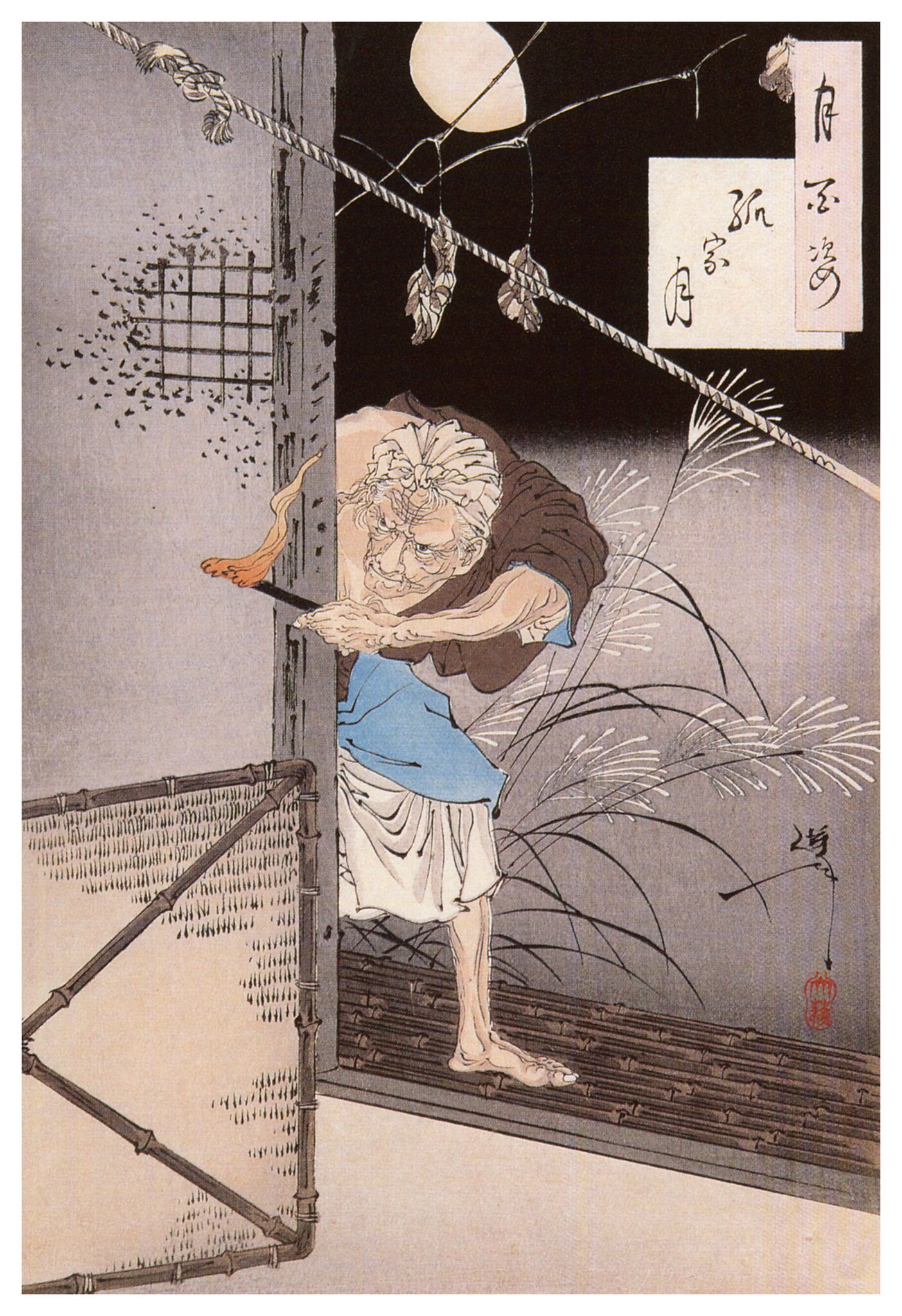
For those of us living and working in Japan, it’s tempting to think that the soul-crushing boss is a phenomenon unique to the archipelago. Certainly, there’s a better chance of meeting one of these insensitive, abusive, anachronistic, stuck-in-the-Showa-era-mindset men (because they’re always male) in corporate management positions than in say, New Zealand or Italy. Actually though, the soul-crusher boss can be found in the farthest reaches of the globe. And why go that far? We have only to turn on the news to catch up with the biggest soul crusher now in business: the current US President.
However, according to Dr. Ichiyo Matsuzaki who specializes in workplace depression and mental stress, and coined the phrase “Kurasshaa Jyoushi (Crusher Boss),” this monster carries a Japanese passport. Earlier this year, Dr. Matsuzaki came out with his latest book on that very subject “Kurasshaa Jyoushi – Heikide Bukawo Oitsumeru Hitotachi (The Crusher Boss – People Who Think Nothing of Driving Their Underlings Crazy”) and it’s a spine-chilling account of how some Japanese bosses literally choke the life out of their subordinates and view the deed as a badge of honor.
The book kicks off with an incident that happened when Dr. Matsuzaki was invited to advise a group of executives from a major ad agency, on solving problems of mental health and overwork within their company. Dr. Matsuzaki and his team went into the meeting armed with data and solutions but received a frigid welcome. Minutes into his presentation, Dr. Matsuzaki was then asked to pack up and leave as quickly as possible. “One executive came right out and said he had gotten to his current position by destroying 5 of his men and he was proud of it,” writes Dr, Matsuzaki in his book. “One after another, these managers all said in different ways that no good will ever come out of coddling employees with mental health problems. Spending time and resources on such matters will blunt the company’s competitive edge, and they preferred it if I didn’t mention anything more about mental health and overwork. They just weren’t interested.”
That little scene unfolded 15 years ago, and it prompted Dr. Matsuzaki to invent a term for these bosses: “The Crusher.” The book goes on to describe the twin pillars that make up the personality of a Crusher Boss: 1) He is convinced that he’s acting for the good of his underlings and the company. 2) He has no sense of guilt and is incapable of empathizing with those he quashes underfoot. It’s darkly interesting to read that this first incident took place at an unnamed “major” ad agency. Readers may recall that last Christmas, 24-year old Matsuri Takahashi jumped off a building (the rooftop of her company dormitory) because of acute stress and overwork, according to her Twitter account and the last text messages she sent to her mother. Ms. Takahashi had been an employee of infamous ad giant Dentsu Inc., a company with an abominable track record of driving their workers to the brink of insanity or actual suicide.
Crusher men can be found anywhere, and in any industry. But in Japan, the Crushers are can take years to surface or pinpoint because their tactics are more subtle than bosses that are obviously violent or clearly into harassment of all kinds. The book divides the Crusher into 4 types: A) The boss who has no idea how much his underlings are suffering because he simply lacks any sense of empathy. He’s convinced that he is the good guy, and whatever he’s doing will ultimately benefit the company. B) The perfectionist who operates on the notion that everyone else around him must be a perfectionist too. Since this boss is so caught up in pursuing perfection, he has no idea how to give praise or encouragement, but will swoop down anyone who makes a mistake at work, however trivial. C) This boss has an inkling that he’s being a jerk, but he’s too sneaky to get caught and too shallow to do anything really drastic. He’s also the type to get ahead faster than any of his colleagues and leave depressed, ruined subordinates in his wake. D) This is the Unhappy At Home boss, who has given his all to the company and used every means at his disposal to get ahead of his peers. Consequently, he has alienated himself from his family and when he goes home, his wife and kids treat him like a stranger or a serial killer who happened to drop in.
We all know these men. As a Japanese woman, I can attest to encountering at least one or more types of Crushers at every turn and stage of life. They were there as teachers at regular school and as instructors at cram schools. He was the coach on the volleyball team in my middle school, who stepped on the hands of 14-year old girls after a tournament, because these girls made crucial mistakes on the court that led to defeat. He was the company president who interviewed me for a job, and then boasted gleefully that his father had been a Japanese Army sergeant who murdered “hundreds of Chinese” during WWII. He is the cafe owner in my neighborhood who made it a habit of verbally abusing and embarrassing his staff right in front of the customers. My own father, grandfather, and other males in my family were to varying degrees, Crushers. They could never be described as warm or empathetic in the family circle and probably wasn’t much different in their workplaces.
Why do Crushers continue to crush souls? Though Dr. Matsuzaki’s book describes the traits of the Crusher boss in painful detail, it falls short when it comes to analyzing the reasons behind their behavior. Dr. Matsuzaki writes that a lot of it has to do with these men’s childhoods and the way they were brought up. As children and adolescents, they had never experienced much joy, love or abundance. They had always lived in the shadow of the Japanese surrender in WWII and were saddled with a mega-sized inferiority complex. There was always tremendous pressure from their parents to excel in whatever they did, because unless they worked their asses off they would never be able to marry, own a house and become a respectable Japanese citizen. Metaphorically speaking, the wolf was always at the door, ready to pry it open and devour them alive. In other words, the book states that the awful mind-set of Japanese society, brought about by the Japanese defeat and the rapid growth era of the 1960s and 70s, is to blame. Everyone suffered back then, and everyone must suffer now.
This conclusion is a little disappointing – jerking a thumb back at the war and the rapid growth period is something most academics do when they want to explain almost any bad thing plaguing the Japanese today.
Nor does the good Doctor offer any coherent solutions. But his book does raise awareness about Crusher bosses and Japanese labor (mal)practices. And some Crusher boss sitting at a desk in some company may suddenly wake up and realize that it’s HIM the book is talking about. Not that I would bet on this ever happening. As Dr. Matsuzaki so eloquently explains, the overriding trait of the Crusher boss is an air-tight, ironclad oblivion to his own abusiveness. And the Crusher could die a hundred times before it would ever occur to him that maybe, just maybe – he could be wrong about something. We all know about these men. The question remains what to do about them.
